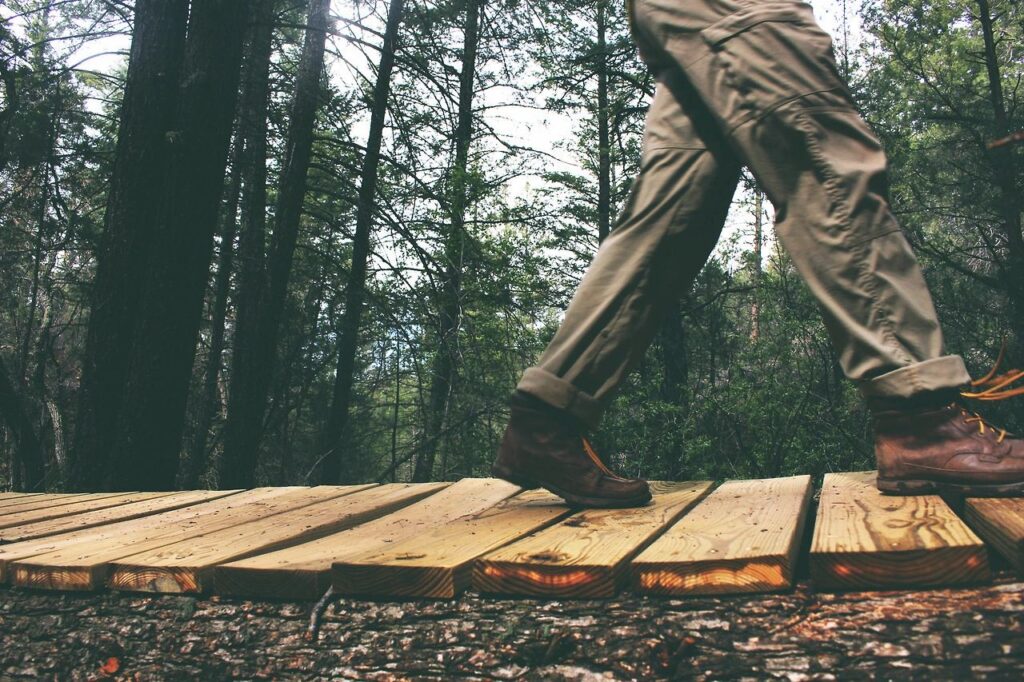To Live Stronger Than Death

From brain to heart health, emotional well-being to cognitive capacity, feeling blah to feeling great, everyone knows these are the benefits of exercise. So it’s easy to understand the head-scratching among scientists baffled by so many people, in spite of knowing these benefits, choosing not to exercise. Lack of time, resources, motivation, energy, social support, and or fear of injury are common reasons for not exercising, but maybe people also fail to appreciate how good exercise will make them feel. In a way, it’s easy to understand, given that, from the cradle to the grave, every screen in our home, on our desk, in our pocket, and all along the highways show us how easy and effortless it is to be happy, sexy, and live a life to be envied by others, simply by consuming the food, the drugs, the clothes, or whatever it is being advertised.
We all know exercise is work, and the transition from resting to a working state is what researchers suspect eclipses the good feelings of exercise. After all, starting exercise is a lot like that feeling of waking up in the morning and being so tired, it takes everything we have to get ourselves up out of bed and move. To begin exercise is to willfully change our body from a perfectly good resting state to a working state. It is precisely this willful change that makes exercise a death-defying act. Many are the times people have told me how it took everything they had to show up for exercise, and then they tell me how glad they are for showing-up and how good exercise made them feel.
We all want to be happy and feel good. Perhaps it is not so much the exercise experience that makes people feel good as much as it is experiencing the power of their will and the body’s ability to respond to it.
The poet Carl Sandburg says there are people who live stronger than death. It is well-known that people who exercise live longer, but what does that really mean? Living longer means for days and days; we didn’t turn our back on life and leave it behind. Whether it is getting out of bed or starting exercise, what is important is experiencing the power of willing oneself to be a meaningful, vital force of life in this world of forces. When the power of our will overcomes the force of inactivity, we live stronger than death.
Sources:
Kenneth R.Allison, John J.M.Dwyer, and Susan Makin. Perceived barriers to physical activity among high school students. Preventive Medicine. 1999:28(6), pp. 608-615, doi: 10.1006/pmed.1999.0489.
Yaneth Herazo-Beltrán, Yisel Pinillos, José Vidarte, Estela Crissien, Damaris Suarez, and Rafael García. Predictors of perceived barriers to physical activity in the general adult population: a cross-sectional study. Braz J Phys Ther. 2017:21(1), pp. 44–50, doi: 10.1016/j.bjpt.2016.04.003.
Matthew B. Ruby, Elizabeth W. Dunn, Andrea Perrino, Randall Gillis, and Sasha Viel. The invisible benefits of exercise. Health Psychology. 2011:30(1), pp. 67-74.
Kahneman, Daniel, Alan B. Krueger, David Schkade, Norbert Schwarz, and Arthur A. Stone. Would you be happier if you were richer? A focusing illusion. Science. 2006:312(5782), pp. 1908-1910.
Schkade, David A., and Daniel Kahneman. Does living in California make people happy? A focusing illusion in judgments of life satisfaction. Psychological Science 1998:9(5), pp. 340-346.
Kaczmarek, Lukasz D., Jolanta Enko, Małgorzata Awdziejczyk, Natalia Hoffmann, Natalia Białobrzeska, Przemysław Mielniczuk, and Stephan U. Dombrowski. Would you be happier if you looked better? A focusing illusion. Journal of Happiness Studies. 2016:17(1), pp. 357-365.
